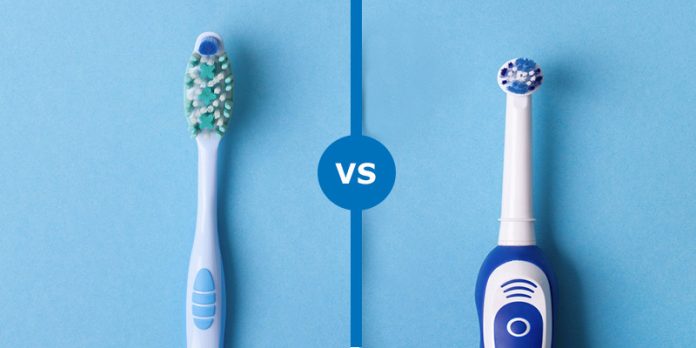Good oral hygiene starts with proper brushing. Plaque removal is essential to reducing the risk of dental problems because it is directly linked to cavities and gum disease. Through the ages, dental hygiene has been increasingly important to individuals, and with that, the toothbrush has evolved from the primitive use of frayed twigs to the fully automated, cutting-edge electric brushes we see today. But whether an electric or manual toothbrush is more effective is still up for discussion. While each has advantages and disadvantages, the brush you use is typically a matter of personal preference. For a closer examination, let’s now move to the professional insights.
The pros and cons of manual and electric toothbrushes can help you choose:
Electric brushes for teeth: These tools enable the brush to rotate or vibrate, which makes it easier to clean the teeth and gums. Standard oscillating or rotatory action, sonic or ultrasonic electric toothbrushes are all options. Whichever model you select, they are all designed to offer reliable and efficient brushing. For those whose dexterity is restricted or compromised, this is a fantastic solution. Modern powered brushes allow one to tailor their mouth hygiene practice with built-in timing and varying forces.
While some studies have indicated that electric brushes are more efficient than manual ones, there are also certain disadvantages. An electric brush costs more than ten times as much as a manual brush. They are battery or plug-in cord dependant due to their rechargeability, which can occasionally be a hassle.
Manual brushes: On the other hand, a soft bristle brush is best for everyone when it comes to manual brushes. They are typically more affordable, portable, and conveniently accessible everywhere. When used properly, it may remove plaque from the surface of teeth just as effectively as an electric toothbrush. However, patients who use hand brushes frequently exhibit overly vigorous brushing.
The toothbrush that best suits the patient’s needs and way of life is always the greatest selection. Why not utilize both types if you’re having trouble deciding? A manual brush in the mornings will give you that feeling of having fresh breath, and an electric brush at night before you go to sleep will remove all the plaque and food debris that has been left on your teeth throughout the day.
Following are some pointers for efficient brushing:
1. Always use a soft-bristled brush since it is gentle on the gums and removes plaque well.
2. Wait 30 minutes after a meal before brushing your teeth. Brush twice everyday.
3. Sweep from the gum line to the tooth edge while holding your brush at a 45-degree angle.
4. Brush your child’s teeth in circular motions.
5. Select toothpaste with fluoride.
6. Keep in mind to floss every day after brushing.
Choosing a toothbrush that is right for you is the key to maintaining good oral hygiene. The secret to a healthy smile is consistent and proper brushing, regardless of the technological innovation of an electronic brush or the ease of a manual one.

 हिंदी
हिंदी






